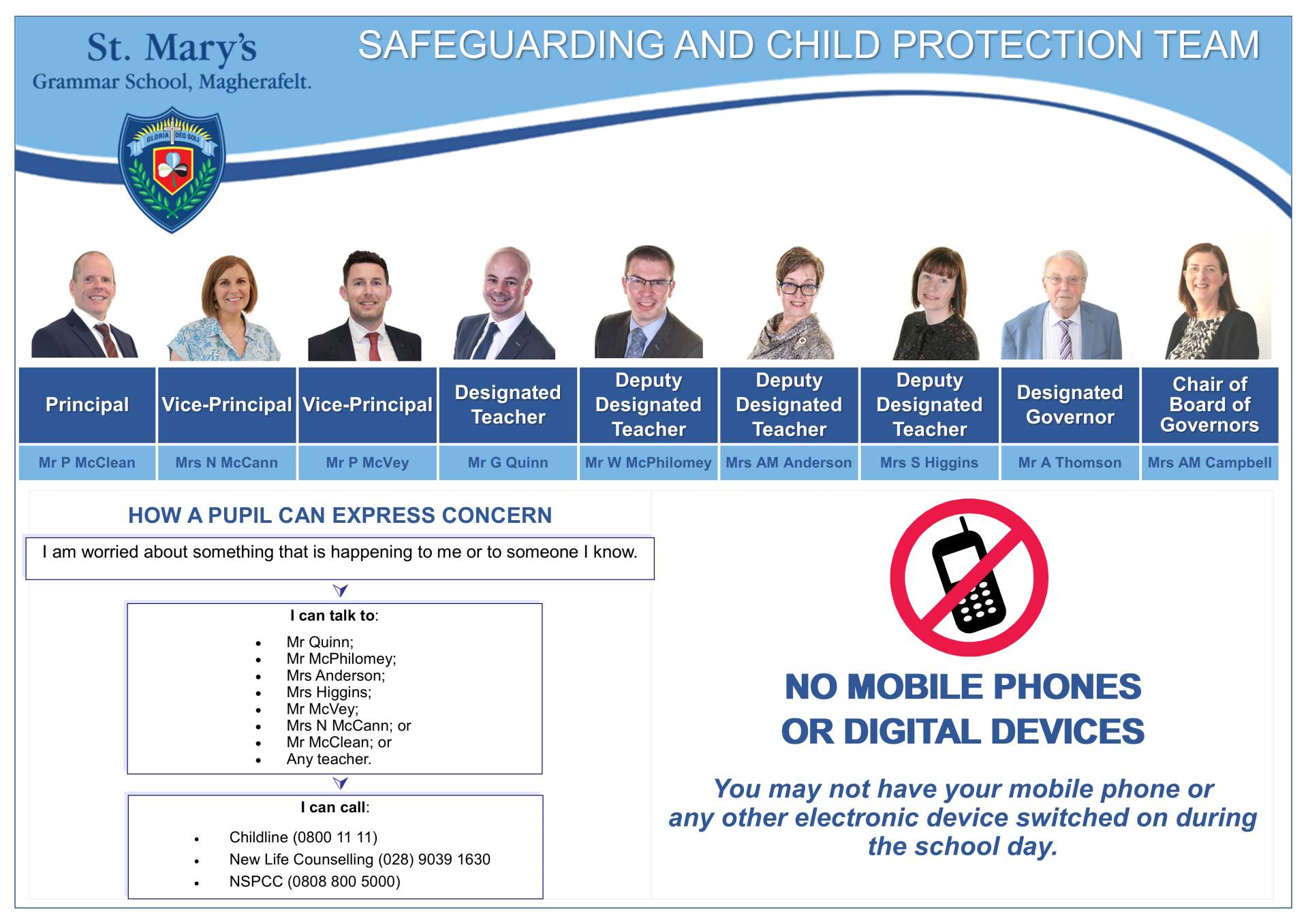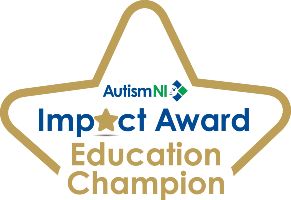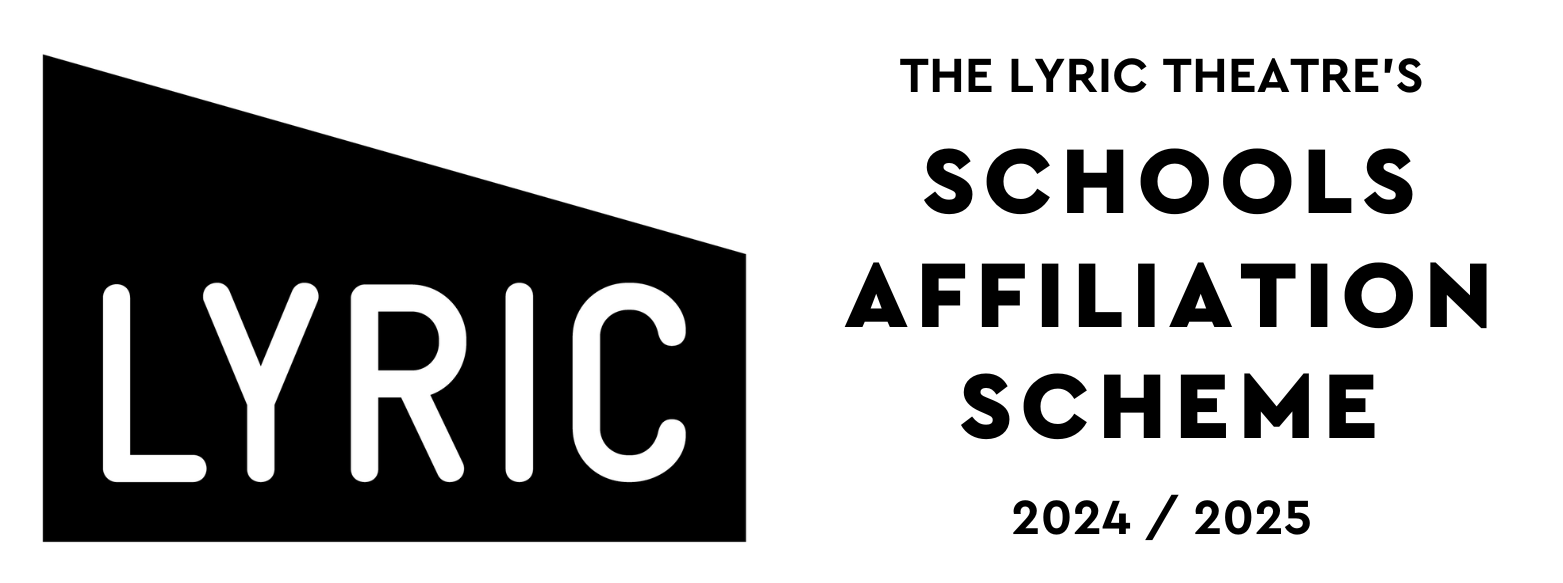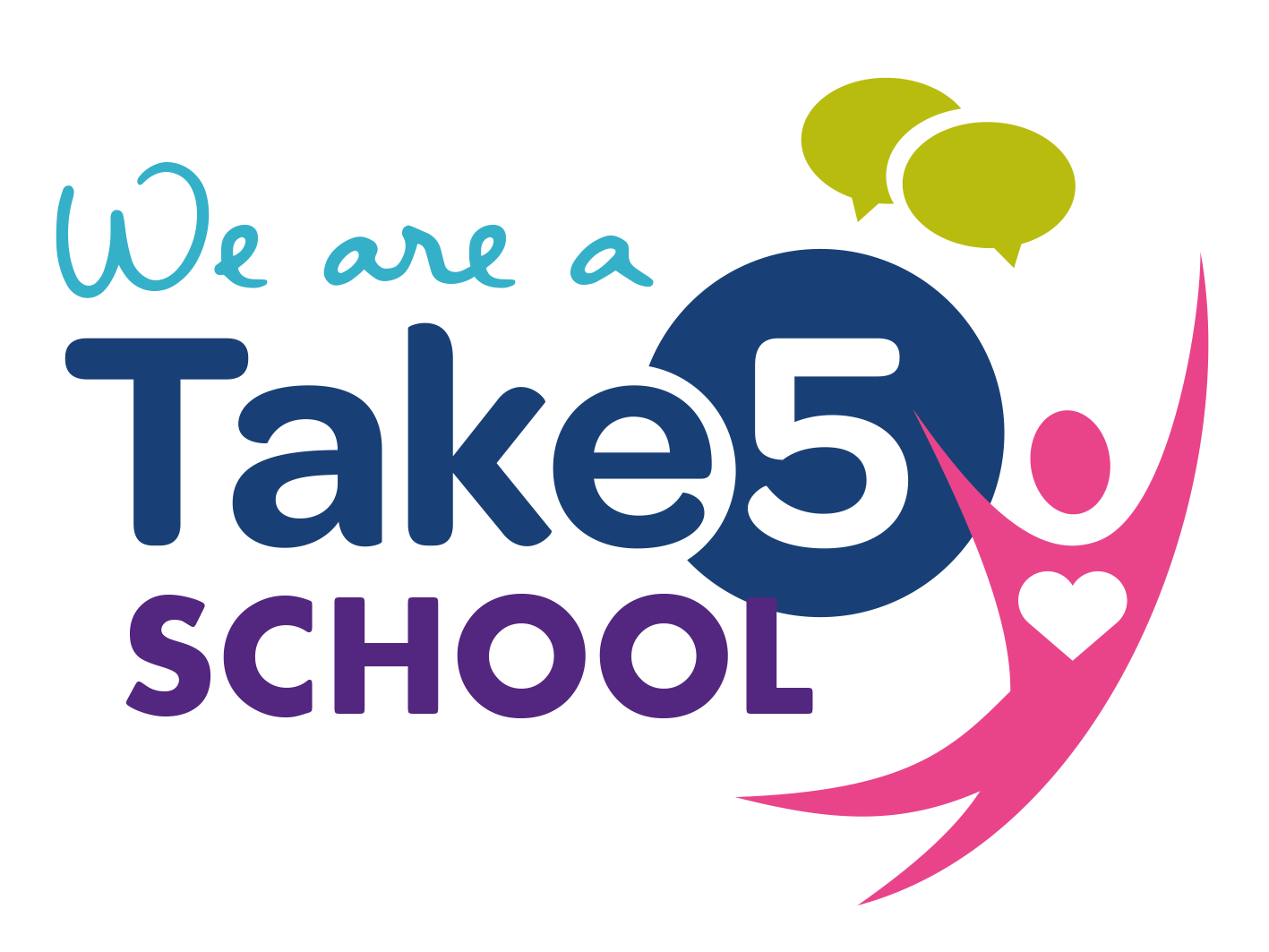Safeguarding
 We accept our duty of care for each pupil and strive to provide a safe, caring, positive and stimulating school environment which promotes the social, physical and moral development of each individual child. The safety and welfare of pupils is of paramount importance. Child Protection is the shared responsibility of all school staff, including volunteers.
We accept our duty of care for each pupil and strive to provide a safe, caring, positive and stimulating school environment which promotes the social, physical and moral development of each individual child. The safety and welfare of pupils is of paramount importance. Child Protection is the shared responsibility of all school staff, including volunteers.
In order to safeguard our students, we have the following measures in place:
-
There is one Designated Teacher for Child Protection and three Deputy Designated Teachers for Child Protection within the school;
-
All members of staff, teaching and teaching support, undertake training in Child Protection on an annual basis;
-
All members of staff, teaching and teaching support, are aware of the signs and indicators of abuse;
-
All members of staff, teaching and teaching support, are aware of the procedures to be followed if a pupil discloses information of an alarming nature or if they have a concern about the safety or welfare of a pupil;
-
All pupils receive a Safeguarding and Child Protection Information Leaflet at the beginning of each year and are made aware that they will be listened to by a member of staff if they wish to discuss any matter of concern;
-
All parents/guardians receive a Safeguarding and Child Protection Information Leaflet at the beginning of each year;
-
A Safeguarding and Child Protection poster is displayed in all classrooms throughout the school;
-
As part of the recruitment process, all members of staff, teaching and teaching support, including volunteers, are vetted through Access NI prior to commencing work within the school or engaging with pupils;
-
Monitoring procedures are in place for pupils known or thought to be at risk of harm;
-
We work in partnership with other agencies, including the PSNI and Social Services, to monitor the welfare and safety of pupils known or thought to be at risk of harm;
-
Pupils are not allowed to use mobile phones, iPods or any other products with text/digital facilities during the school day;
-
Pupils receive information and guidance on e-Safety.
CHILDCARE AND FAMILY SUPPORT
The Family Support NI website is funded by the Health and Social Care Board and the Department of Social Services to provide information on all types of Family Support, including registered childcare, throughout Northern Ireland. www.familysupportni.gov.uk provides details of a variety of family support services within the community, statutory and voluntary sectors across Northern Ireland.
This website is a useful resource for young people, parents, and front-line staff. It provides contact details for many organisations across Northern Ireland. Front-line staff can use the website to signpost parents and/or young people to appropriate services. Parents and young people can use the website themselves to explore the variety of services available within their local area.









